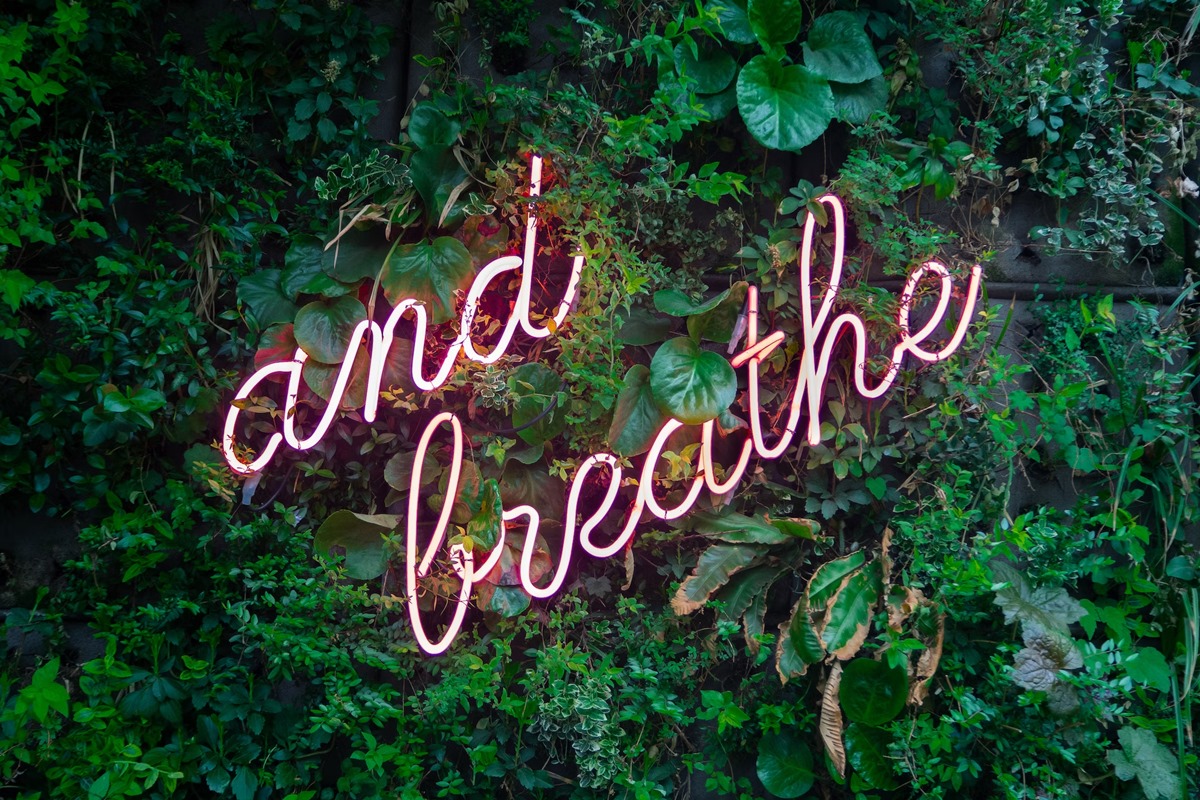Anxiety takes different forms and can affect individuals in various ways. Some face it only in specific situations, while for others, anxiety becomes a constant companion in their daily lives. Those dealing with chronic stress and anxiety often struggle to control their thoughts and actions during intense moments. The repercussions of excessive anxiety can be far-reaching, from disrupted sleep and memory loss to a weakened immune system and impaired concentration. This article offers valuable insights on coping with anxiety and stress in ways that can positively impact your mind and body.
1. Practice Breathing Exercises:
Anxiety often brings about rapid, shallow breathing. One effective technique for managing anxiety is taking control of your breathing. Find a comfortable seated position, close your eyes, relax your shoulders, and exhale slowly. Inhale deeply, focus on your immediate surroundings, and contemplate positive outcomes for the situation causing your anxiety.
Advertisement
2. Maintain a Healthy Diet and Sleep Routine:
The relationship between anxiety and lifestyle practices is undeniable. A balanced lifestyle and work-life harmony enable better stress management and self-control. Anxiety can lead to stress eating, contributing to weight gain and even obesity. Including fresh fruits, vegetables, and protein in your diet, as well as ensuring adequate sleep, can significantly improve your ability to handle anxiety. Research has shown that inadequate sleep can contribute to anxiety disorders and stress, potentially leading to depression.
3. Engage in Physical Activity:
Exercise has long been recognized as a powerful stress reliever. It distracts the mind, redirects thoughts, and reduces muscle tension, enhancing resilience against unwanted emotions. Physical activities like meditation, yoga, and other forms of exercise can help you maintain calm and clarity, dispelling unproductive thoughts.
4. Consult a Therapist for Insight:
Psychotherapy provides a platform to delve into the root causes of your anxiety and develop coping strategies. Cognitive Behavioral Therapy (CBT) is a commonly used approach, but therapists tailor treatments to individual needs. Seeking professional help can make a significant difference in understanding and managing anxiety.
It’s important to recognize that many individuals experience anxiety at different points in their daily lives. However, if you are grappling with panic attacks and extreme stress, it is crucial to consult a healthcare professional promptly for appropriate guidance and treatment.









